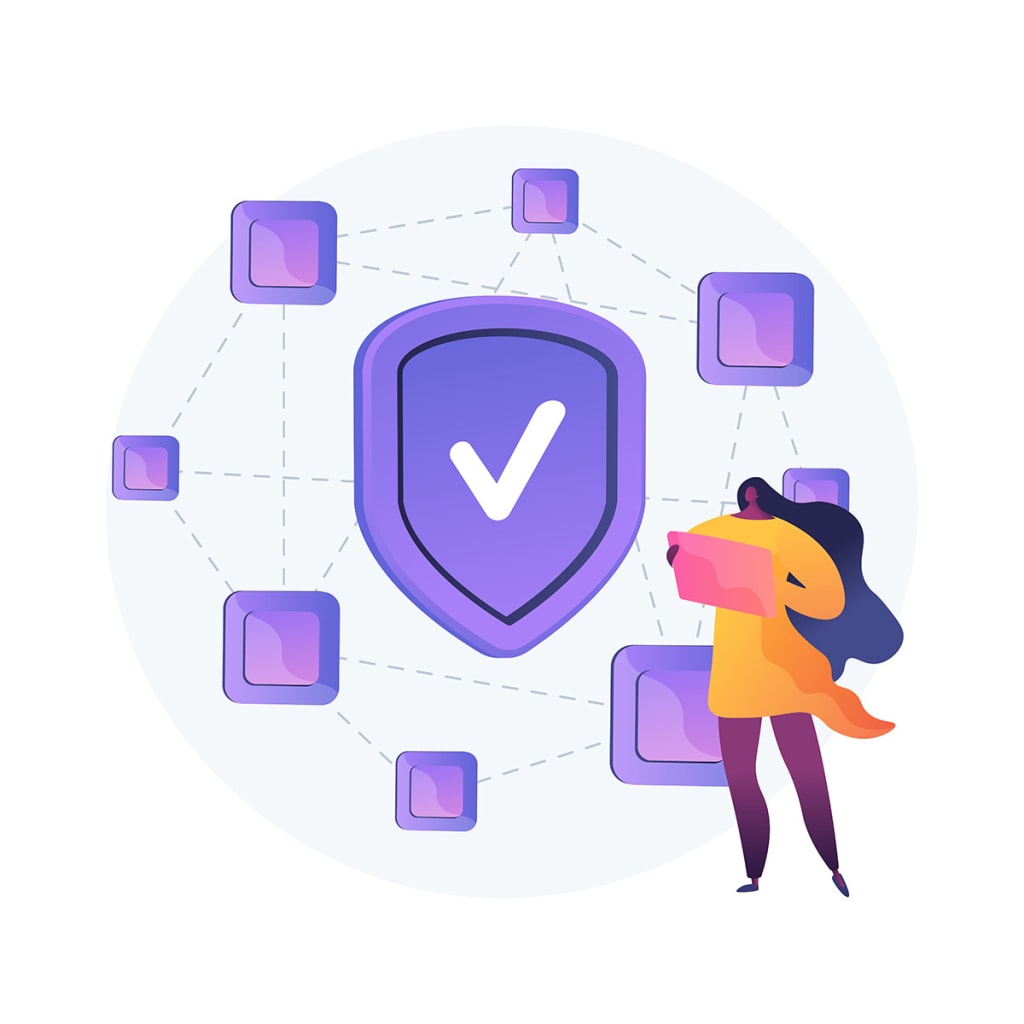Introduction to Decentralized Applications (dApps)
Decentralized applications, or dApps, are a revolutionary new way to build and run software. Unlike traditional applications, which rely on a centralized server or network to function, dApps use blockchain technology to create a decentralized, distributed network that is not controlled by any single entity. This opens up a whole new world of possibilities for developers, and is already starting to change the way we think about software development.
Benefits of dApps: Security and Transparency
One of the main benefits of dApps is that they are highly secure and resistant to censorship. Because the network is decentralized, there is no single point of failure that can be targeted by hackers or other malicious actors. Additionally, the use of smart contracts on the blockchain ensures that the rules and logic of the dApp are enforceable and tamper-proof.
Transparency and Openness of dApps
Another key advantage of dApps is that they are transparent and open. All transactions and data on the blockchain are visible to anyone, which can help to promote trust and accountability. This is particularly useful for applications that involve financial transactions or other sensitive data.

There are already a variety of dApps in existence, from decentralized exchanges for trading cryptocurrency to prediction markets and gaming platforms. However, this is just the beginning, as the potential uses for dApps are virtually limitless.
Real-world Use Cases for dApps:
- Supply chain management: using blockchain technology to track products and goods as they move through the supply chain, providing greater transparency and reducing the risk of fraud.
- Online identity management: allowing individuals to have more control over their personal information and online identity, which is essential for protecting privacy and security.
- Internet of Things (IoT): creating a secure, decentralized network for IoT devices that can automatically execute smart contracts and perform other tasks without human intervention.
- Government services: Using dApps for voting and other government services can increase transparency and reduce the risk of fraud.
Platforms and Tools for dApp Development
For developers interested in building dApps, there are a number of platforms and tools available. Ethereum is currently the most popular blockchain platform for dApp development, and its Solidity programming language is widely used to write smart contracts. Other platforms such as EOS, TRON, and IOST also offer a comprehensive set of tools and resources for developers.
Conclusion: Why dApps are worth exploring and investing in
In conclusion, dApps are a rapidly emerging technology that has the potential to disrupt a wide range of industries. The benefits of decentralization, security, and transparency are clear, and developers are increasingly turning to blockchain technology to build the next generation of applications. Whether you’re a seasoned software developer or just starting out, dApps are definitely worth exploring and investing in if you want to keep ahead of the curve.
[ycd_countdown id=1235]

Comments